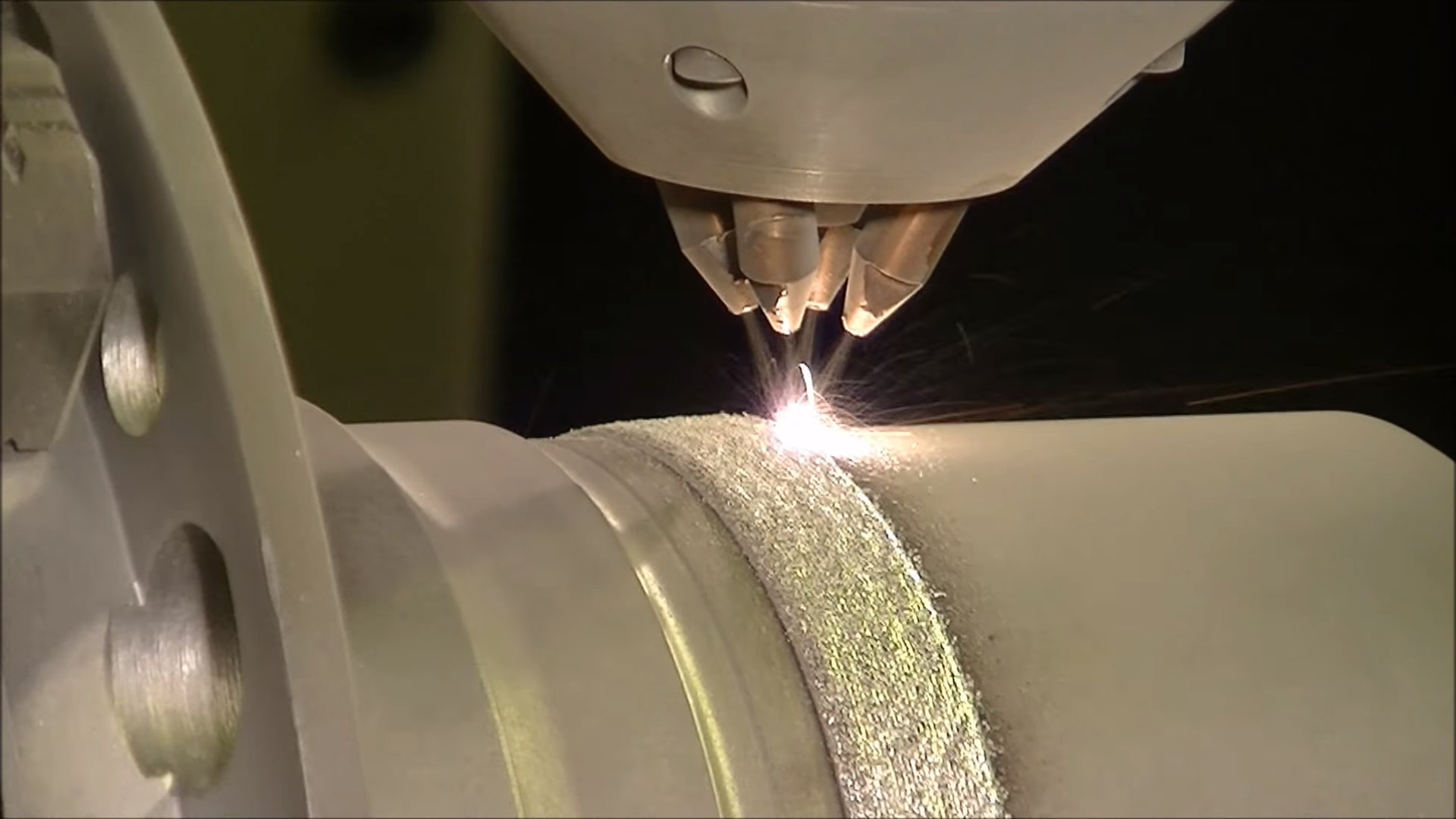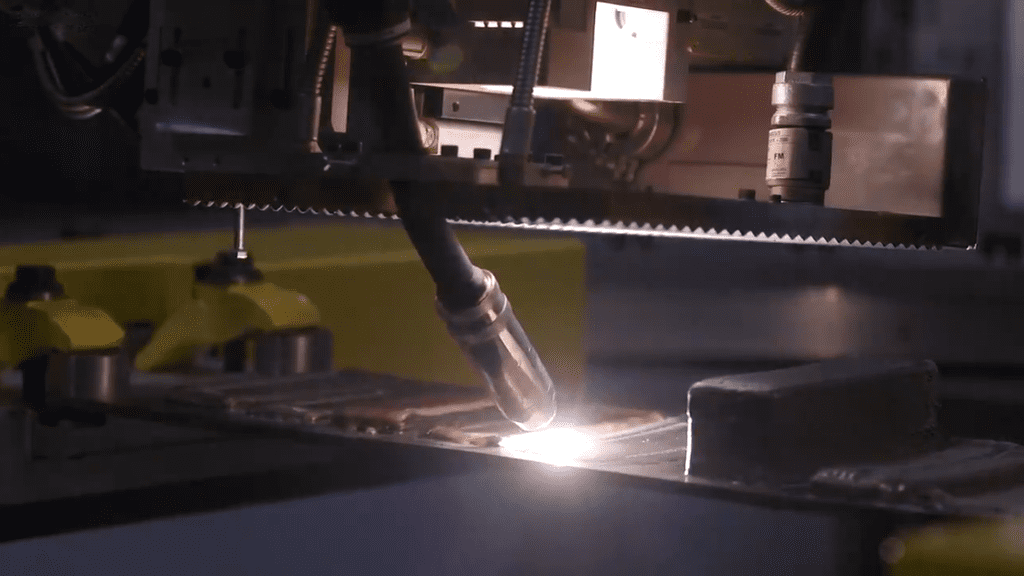ADDere, an additive manufacturing division of Wisconsin-based manufacturing company Midwest Engineered Systems Inc. (MWES), is now offering its services as a 3D printing firm. ADDere will take on external printing projects, as well as continuing to develop and sell its metal 3D printing systems.
By offering its 3D printing services to firms, ADDere aims to provide customers the option to use the technology without having to make a machine investment.
“We’ve expanded into providing printing services as well as selling complete additive manufacturing systems as a way to open up this technology to firms who may not have the throughput to make the capital investment but would like utilize its capabilities,” says Pete Gratschmayr, VP of Sales & Marketing at MWES.
“THE SERVICE IS ALSO A GREAT WAY FOR FIRMS TO TEST OUT THE PROCESS BEFORE MAKING THE INVESTMENT. WE’RE CONFIDENT ADDERE PRINTING SERVICES WILL EXCEED EXPECTATIONS”
Different types of DED technology
Established by MWES in 2017, the ADDere system is a 3D laser-wire additive manufacturing solution utilizing Direct Energy Deposition (DED) technology. Featuring high deposition rates, the additive manufacturing system was created by MWES for the production of large parts with complicated forms.
Favored for component repair applications, DED technology is also implemented in systems from Optomec, a New Mexico-based metal additive manufacturing specialist. The company has its own patented variation of the DED additive process, called Laser Engineered Net Shaping (LENS). Optomec’s LENS technology can also be retrofitted onto CNC milling machines.
Optomec’s LENS technology has also been utilised by researchers at the U.S. Department of Energy (DoE) Critical Materials Institute (CMI). The researchers used the technology to sort through innumerable cerium alloy compositions in search of a cheaper, more abundant alternative to rare-earth neodymium iron boron (NdFeB) magnets.
A team at Royal Melbourne Institute of Technology (RMIT) University has also used laser metal deposition (LMD), a type of DED technology, to cut down the cost of aircraft maintenance, repair & overhaul (MRO) operations. RMIT worked with national aircraft support service RUAG Australia and the Innovative Manufacturing Cooperative Research Centre (IMCRC) to help service the Australian Defence Forces using LMD technology.

DED for large scale, complex 3D printing
Founded in 1991, MWES specializes in production systems integration. It offers custom robotic automation solutions for assembly lines, material handling, machine tending, robotic welding, fully automated production lines and more.
DED technology, which is used in MWES’ ADDere additive manufacturing system, utilizes focused thermal energy to fuse materials upon deposition. The ADDere additive systems reportedly produces deposition rates that can range from 7-22 lbs per hour. They have a build area of 1.2M x 0.5M x 0.4M (50″ by 22″ by 10″).
MWES developed the ADDere additive manufacturing system to help provide near net shape metal printing at a large scale using hot wire and laser power. The material deposition process allows for the repair of large metal components, as well as making small part production runs more efficient.
The ADDere system is designed to reduce time intensive iterative steps as well, like component design or fixture building. Designs have the ability to be sent directly to the 3D printing systems. This allows for components and fixtures to be tested at scale in the designated end-use materials, like titanium, inconel or other exotic metals.
“We see this technology opening a lot of doors in manufacturing large, complex and high performance components for a number of industries – and others have too,” explained Scott Woida, CEO of ADDere, “We’re excited to offer our knowledge and ability as a service to customers and see where we can take the technology.”
Source: 3dprintingindustry


